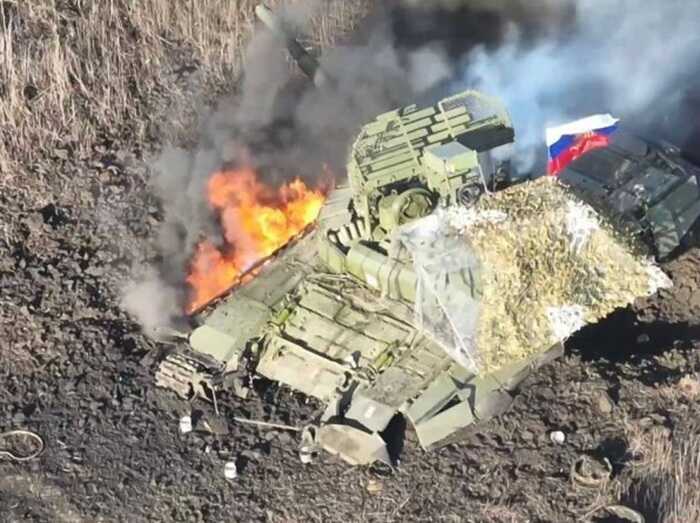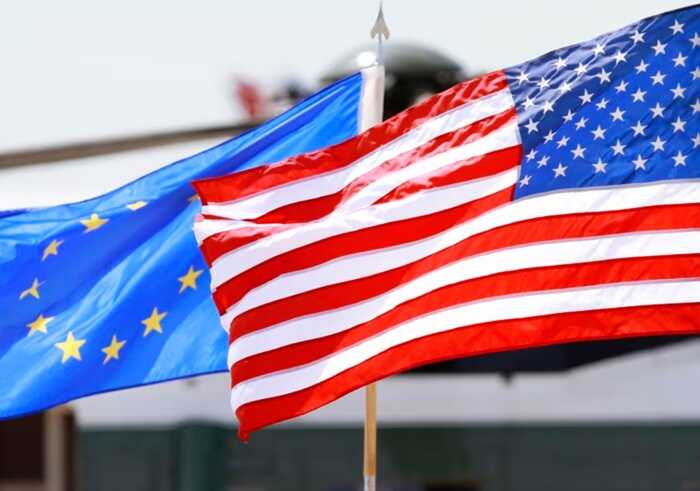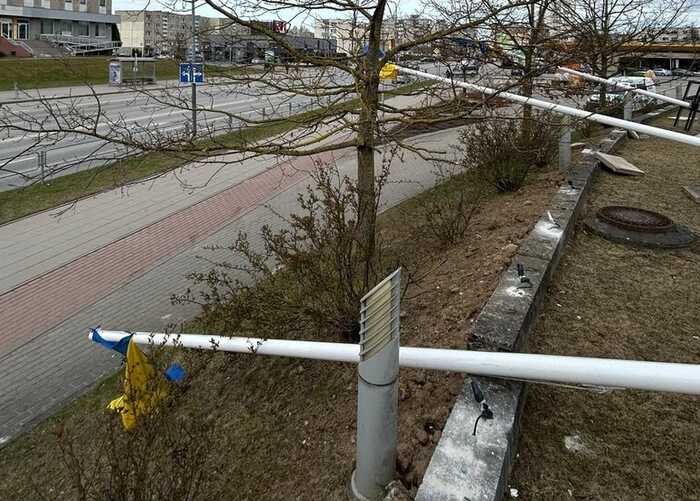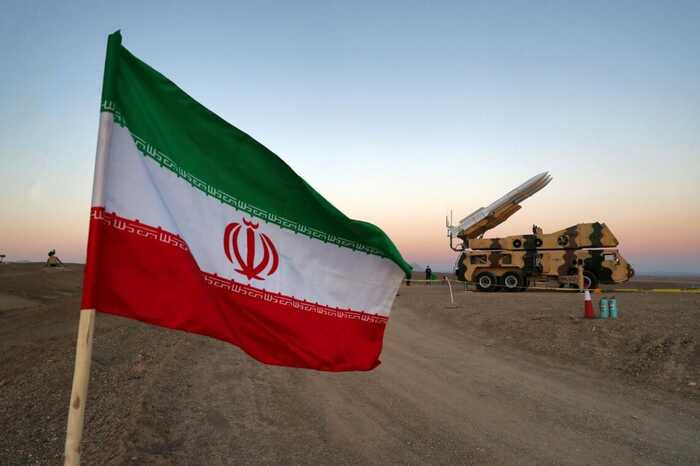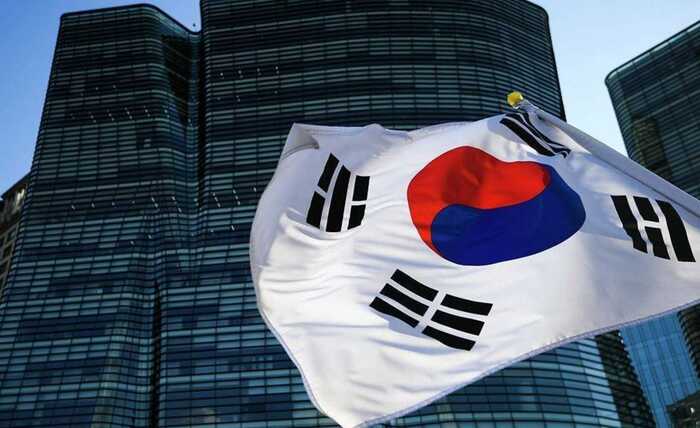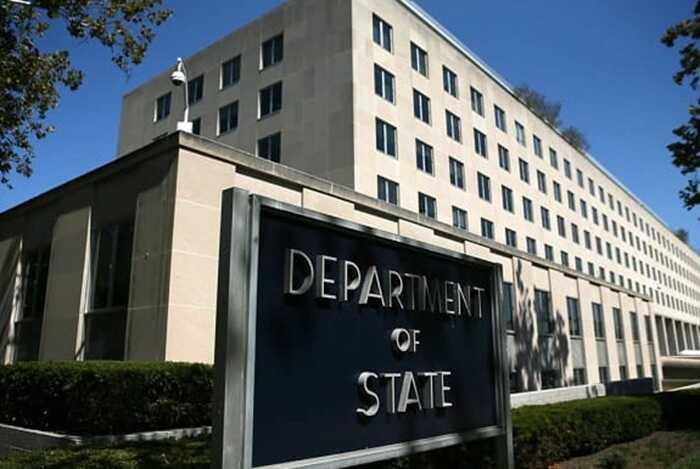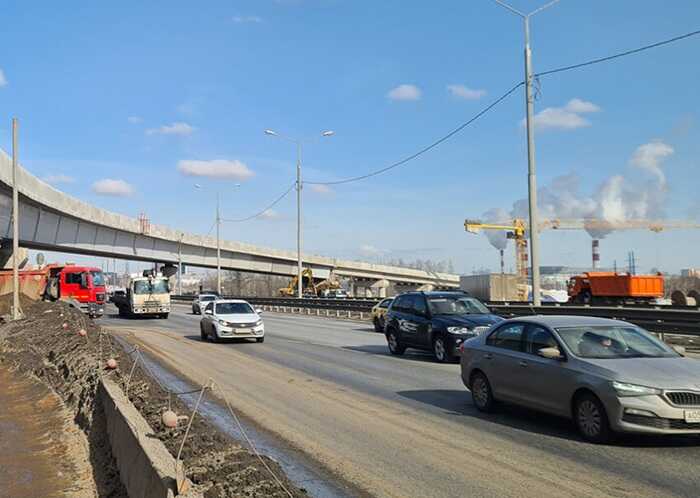"Ukrinkom" instead of "Ukrinbank": how Volodymyr Klymenko orchestrated a complex bankruptcy scheme

The latest court decision in the "Ukrinbank" case, ongoing since 2016, was made in November 2024. Then, the Bankruptcy Chamber of the Constitutional Economic Court within the Supreme Court of Ukraine decided to confirm the legality of initiating bankruptcy proceedings under the general procedure concerning PJSC "Ukrinkom", which is the successor of "Ukrinbank".
In fact, legal proceedings regarding the recognition of "Ukrinbank" as insolvent have been ongoing since the decision of the National Bank was made. The legal saga is extremely complicated, with numerous court hearings, even for an informed person, it is very difficult to understand. The mentioned decision is the latest and, it seems, the owner of "Ukrinbank" Volodymyr Klymenko has indeed circumvented the National Bank and the state of Ukraine.
If we set aside legal intricacies, the essence boils down to the following. In 2015, the NBU recognizes "Ukrinbank" as insolvent and revokes its license. The Deposit Guarantee Fund pays depositors 1.8 billion hryvnias, as the bank is in the process of liquidation and naturally has no funds for payment.
But after the debts to the depositors were paid, it suddenly turns out that the bank’s shareholders disagree with the NBU’s decision and began the process of appealing it. Simultaneously, a legal entity, the Private Joint Stock Company "Ukrainian Innovation Bank", which is in liquidation, changes its name to "Ukrinkom" and its type of activity to "other monetary intermediation". This type of activity does not require a banking license that was taken away from "Ukrinbank".
Читайте по темі: Boeing розглядає можливість розміщення нових акцій, щоб залучити $10 мільярдів - Bloomberg
"Ukrinkom" instead of "Ukrinbank": how Volodymyr Klymenko orchestrated a complex bankruptcy scheme
After the changes in registration data, the new legal entity, "Ukrinkom", claimed to be the successor of the liquidated "Ukrinbank" and began to challenge the NBU’s decision regarding its insolvency. This seemingly absurd behavior of the bank’s owners was quite logical: after the DGF paid off the main debts, the new legal entity regained control over the bank’s assets, which were supposed to be sold by the Deposit Guarantee Fund to repay the 1.8 billion hryvnias paid. "Ukrinkom" blocked the Deposit Guarantee Fund’s access to "Ukrinbank’s" resources, stating that it, as a successor, now manages all the assets.
"Ukrinkom" instead of "Ukrinbank": how Volodymyr Klymenko orchestrated a complex bankruptcy scheme
Of course, there were court proceedings that lasted a long time, with the scales tipping now one way, now another. But while these courts were ongoing, the DGF couldn’t manage the bank’s assets, and "Ukrinkom" initiated controlled bankruptcy procedures. And that’s where the essence lies: if a bank is declared bankrupt, the liquidation process comes into force, in which there are so-called lines of obligation repayment. They are strictly regulated, and importantly for depositors, their right to receive their money is a priority. This procedure is controlled by the DGF and the National Bank. For this purpose, in particular, the property of the liquidated bank is sold and all debts from its counterparties are collected.
In the case of "Ukrinkom", into which "Ukrinbank" transformed, the bankruptcy procedure occurs under general rules, as confirmed by the court’s decision in November this year. And this is exactly what the owner of "Ukrinkom", Volodymyr Klymenko, sought: now the debt repayment is not regulated in any way, and all the assets of "Ukrinbank", that remained after the DGF was removed from their control, are to be distributed manually. For this, a creditor simply appeals to a court, which makes decisions in each specific case, and it is sent for execution. This procedure is simple and quick, especially if the debtor (in our case "Ukrinbank") does not object. And when needed – it just doesn’t object. Thus, it turned out that there is almost nothing left of "Ukrinbank’s" assets. The successor of "Ukrinbank", PJSC "Ukrinkom" is in losses.
"Ukrinkom" instead of "Ukrinbank": how Volodymyr Klymenko orchestrated a complex bankruptcy scheme
Although formally the assets of PJSC "Ukrinkom" exceed its obligations and amount, according to its reports, to 2,226,015,000 hryvnias, which should cover debts of 2,175,162,000 hryvnias, these figures are unlikely to reflect reality. Because no audit was conducted, and these are calculations of PJSC "Ukrinkom" itself. But even if you believe them, there remains 1.8 billion hryvnias paid by the Deposit Guarantee Fund from its own account and another three billion hryvnias of liabilities left unsettled.
This is the essence of everything that happened around "Ukrinbank". Its owner, Volodymyr Klymenko, took advantage of the legal chaos happening in Ukraine’s judicial system and managed to have the DGF removed from managing "Ukrinbank’s" assets. Although this trick cost the state nearly five billion hryvnias, from a formal perspective, nothing can be held against Mr. Klymenko.
To be fair, it should be noted that at some stage, Ukraine’s law enforcement system tried to bring him to criminal responsibility. In 2017, the Prosecutor General’s Office of Ukraine initiated criminal case №12016100000000789 under part 4 of article 358, part 2 of article 364, part 3 of article 365-2, part 2 of article 367, part 4 of article 190, article 14 part 5 of article 191 of the Criminal Code of Ukraine - abuse of office, document forgery, fraud, and misappropriation of property in especially large amounts, consisting of a large number of episodes. But in essence, they boil down to the fact that money was removed from the bank in various ways.
"Ukrinkom" instead of "Ukrinbank": how Volodymyr Klymenko orchestrated a complex bankruptcy scheme
And now, compare this excerpt from the court’s decision regarding the acts imputed to Klymenko with the official biography of Volodymyr Klymenko. Interesting, isn’t it?
"Ukrinkom" instead of "Ukrinbank": how Volodymyr Klymenko orchestrated a complex bankruptcy scheme
However, as expected, the criminal case got stuck in the depths of the court system – the last hearing on it took place back in 2021, in the Pechersk court known worldwide for its "just" decisions in the capital. It was an absolutely "routine" hearing regarding the arrest of the bank’s property, and the prosecutor requests the court to withdraw his own request, which the court does. But after it, there were no hearings, which indicates that the case has clearly reached an impasse and collapsed. So the outcome is somewhat predictable.
In the meantime, using the aforementioned court decision, which recognized "Ukrinkom’s" right to the general bankruptcy procedure, Volodymyr Klymenko moved forward – he started threatening publications that cover his role in "Ukrinbank’s" bankruptcy. Formally, of course, he is right – the criminal case on the fact of fraud and funds siphoning from "Ukrinbank" fell apart, there is no and will be no verdict, and the highest court confirmed "Ukrinkom’s" right to manage "Ukrinbank’s" property.
The fact that the state of Ukraine and its citizens suffered five billion hryvnias as a result is a fact. But this fact has not been officially charged to Mr. Klymenko. And it can be asserted with almost one hundred percent certainty that it will not be charged. Especially since officially in "Ukrinkom" they state that "all debts will be settled". Only the question is – how? But Mr. Klymenko delicately avoids this topic with silence.
Распечатать
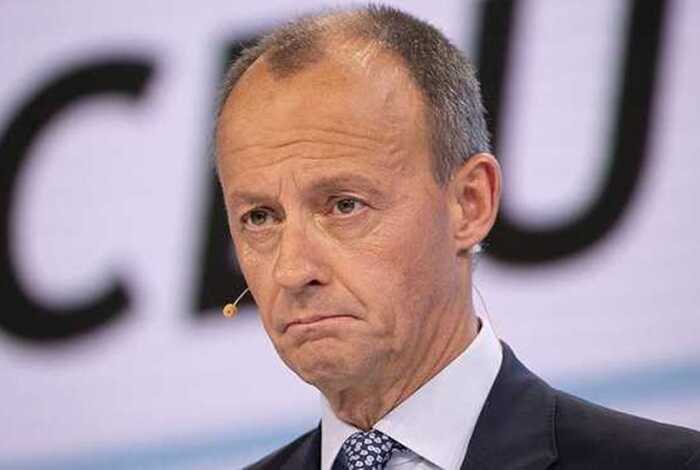 15 апреля 2025 •
Новини
15 апреля 2025 •
Новини
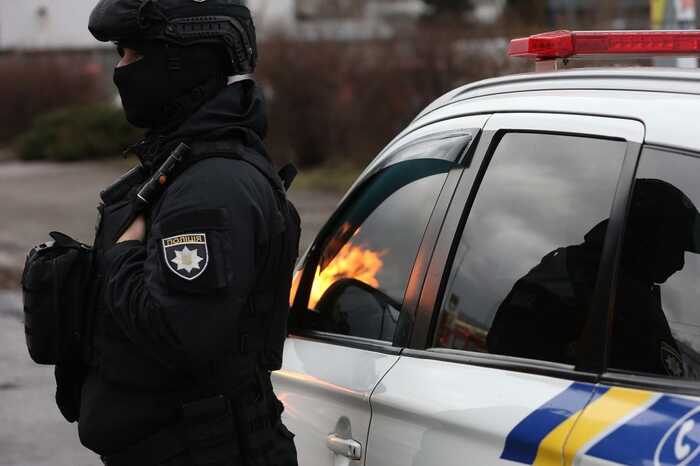 14 апреля 2025 •
Кримінал
14 апреля 2025 •
Кримінал
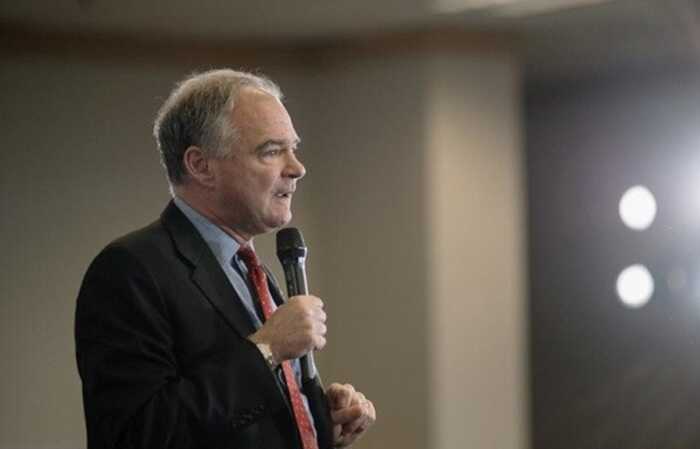 14 апреля 2025 •
Коментарі
14 апреля 2025 •
Коментарі
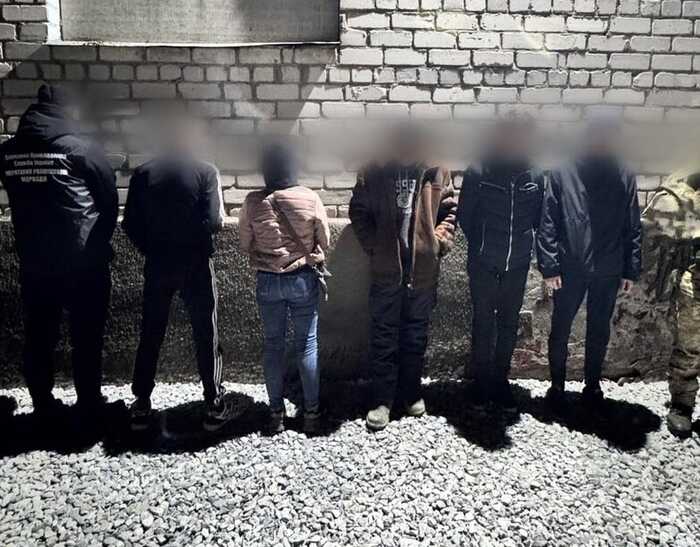 14 апреля 2025 •
Кримінал
14 апреля 2025 •
Кримінал
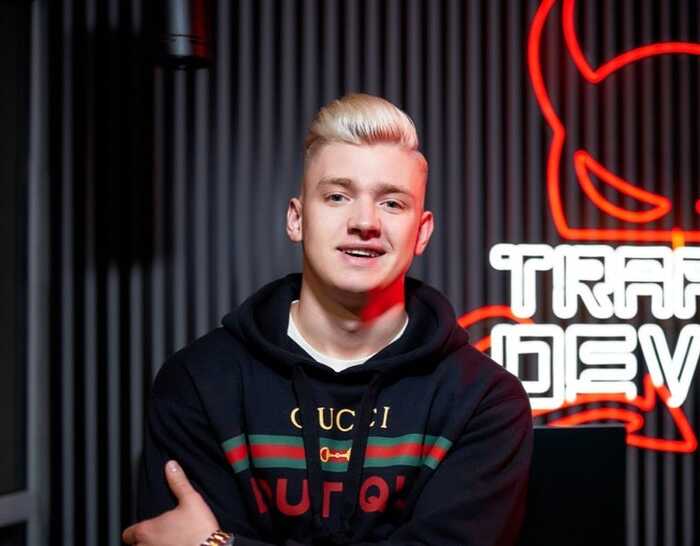 14 апреля 2025 •
Кримінал
14 апреля 2025 •
Кримінал
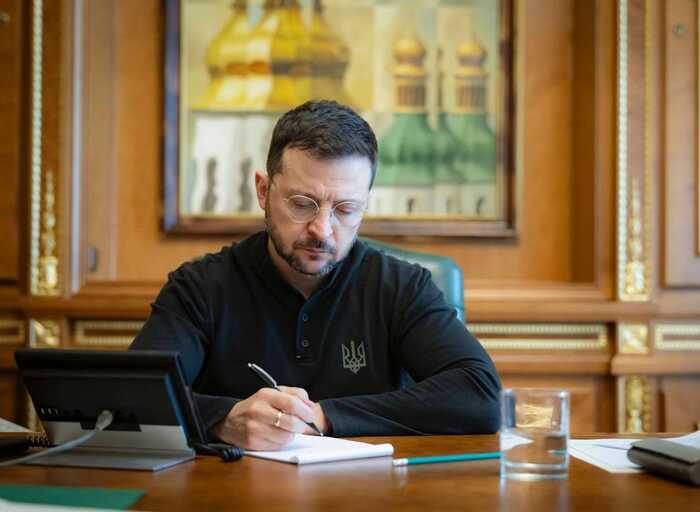 14 апреля 2025 •
Новини
14 апреля 2025 •
Новини
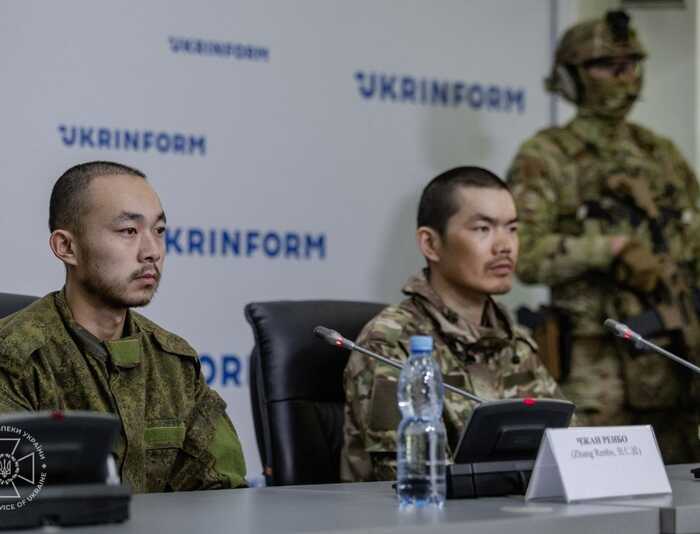 14 апреля 2025 •
Коментарі
14 апреля 2025 •
Коментарі
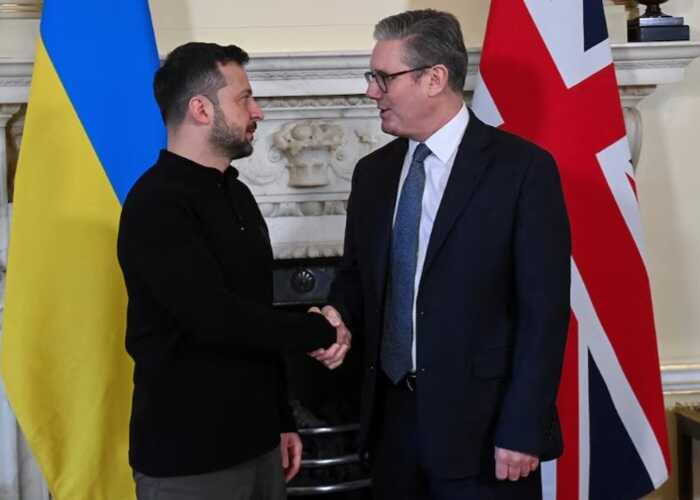 14 апреля 2025 •
Новини
14 апреля 2025 •
Новини
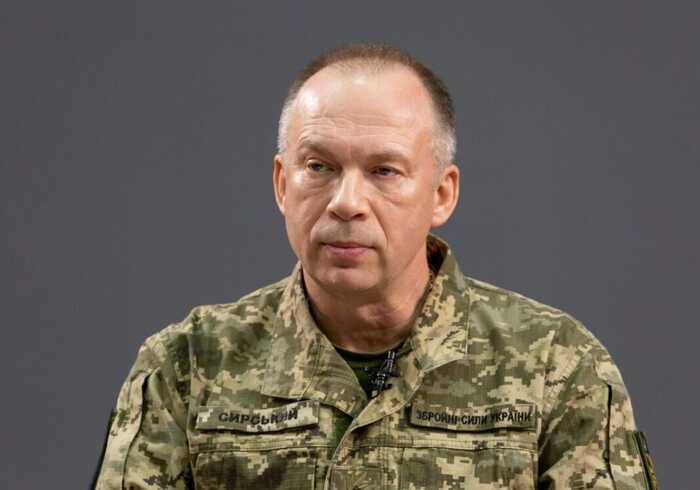 14 апреля 2025 •
Коментарі
14 апреля 2025 •
Коментарі
 14 апреля 2025 •
Війна
14 апреля 2025 •
Війна
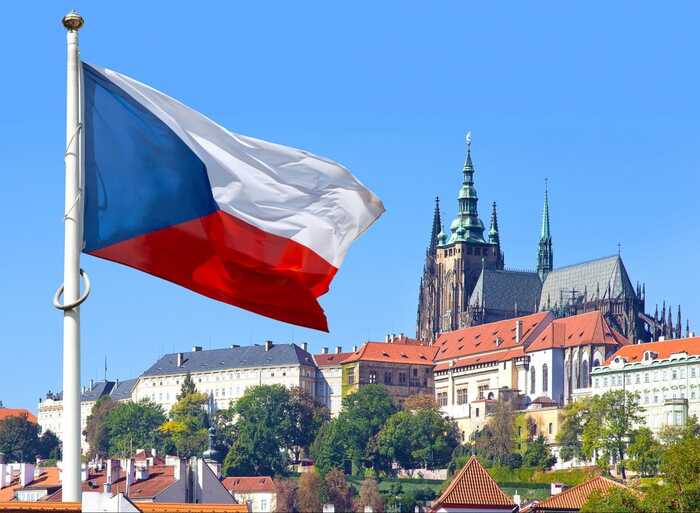 14 апреля 2025 •
Корупція
14 апреля 2025 •
Корупція
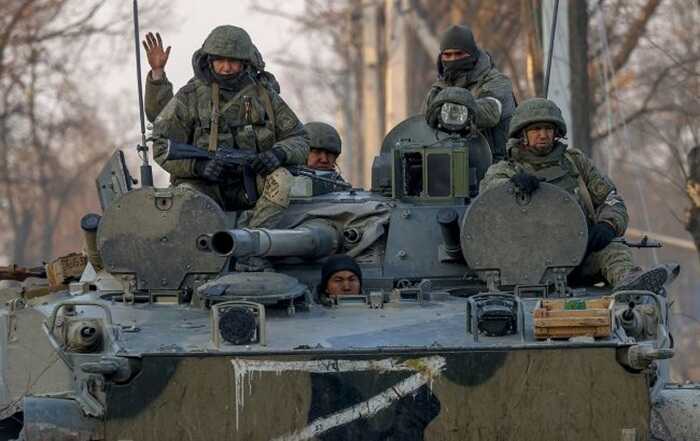 14 апреля 2025 •
Війна
14 апреля 2025 •
Війна
